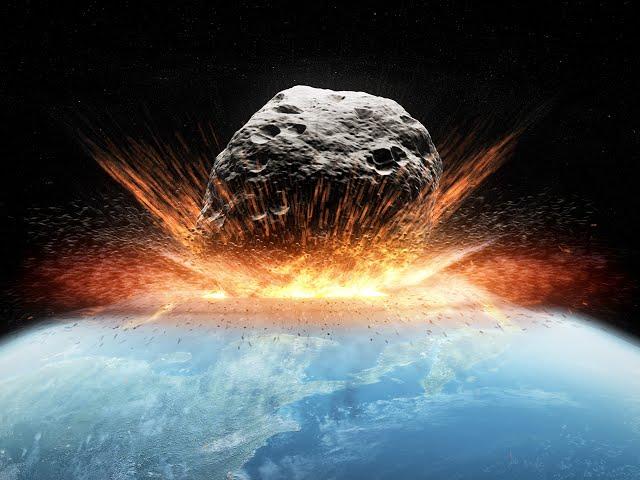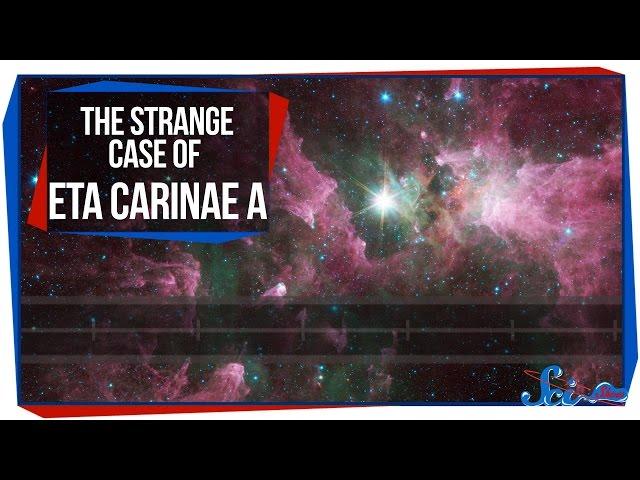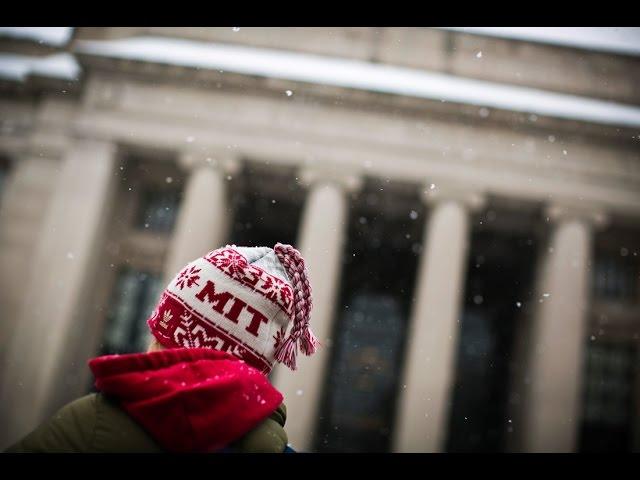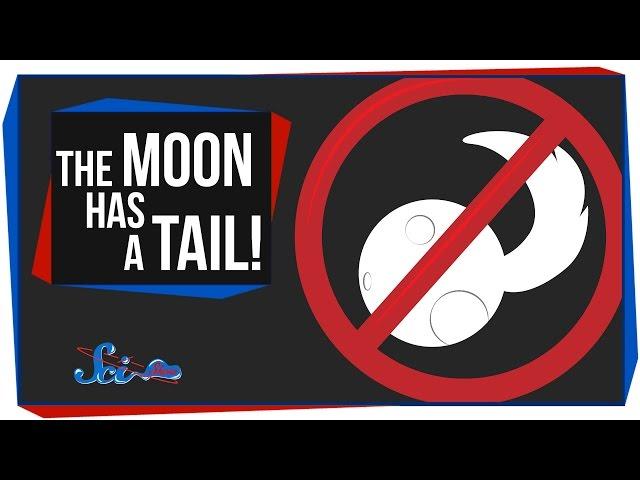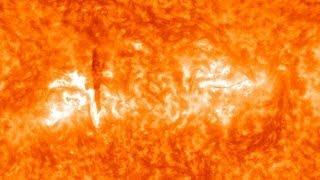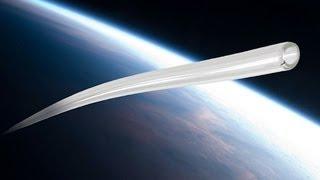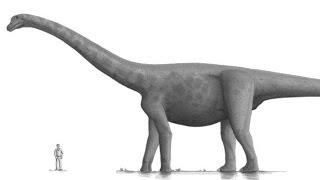Time Travel, Teleportation & Science
Time travel is the concept of moving between different points in time in a manner analogous to moving between different points in space, generally using a theoretical invention, namely a time machine. It has a commonly recognized place in philosophy and fiction, but has a very limited application in real world physics, such as in quantum mechanics or wormholes.
Although the 1895 novel The Time Machine by H. G. Wells was instrumental in moving the concept of time travel to the forefront of the public imagination, The Clock That Went Backward by Edward Page Mitchell was published in 1881 and involves a clock that allowed three men to travel backwards in time.[1][2] Non-technological forms of time travel had appeared in a number of earlier stories such as Charles Dickens' A Christmas Carol. Historically, the concept dates back to the early mythologies of Hinduism (such as the Mahabharata), Buddhism, and Islam through ancient folk tales. More recently, with advancing technology and a greater scientific understanding of the universe, the plausibility of time travel has been explored in greater detail by science fiction writers, philosophers, and physicists.
Teleportation, or Teletransportation, is the theoretical transfer of matter or energy from one point to another without traversing the physical space between them. It has a commonly recognized place in science fiction literature, film, and television, but as yet has a very limited application in real world physics, such as quantum teleportation or the study of wormholes.
Science (from Latin scientia, meaning "knowledge") is a systematic enterprise that builds and organizes knowledge in the form of testable explanations and predictions about the universe. In an older and closely related meaning, "science" also refers to a body of knowledge itself, of the type that can be rationally explained and reliably applied. A practitioner of science is known as a scientist.
In modern usage, "science" most often refers to a way of pursuing knowledge, not only the knowledge itself. It is also often restricted to those branches of study that seek to explain the phenomena of the material universe.
Source : Wikipedia
-
04:10
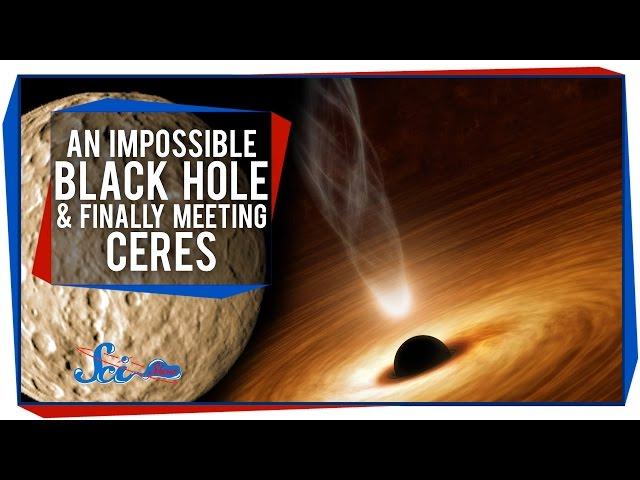
An Impossible Black Hole, and Finally Meeting Ceres
Added 651 Views / 0 LikesAn Impossible Black Hole, and Finally Meeting Ceres
-
03:51
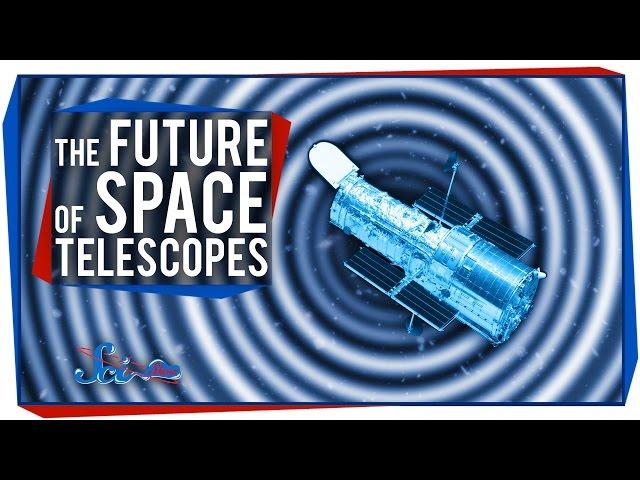
The Future of Space Telescopes: Umbrellas & Glitter!
Added 731 Views / 0 LikesThe Future of Space Telescopes: Umbrellas & Glitter!
-
04:26
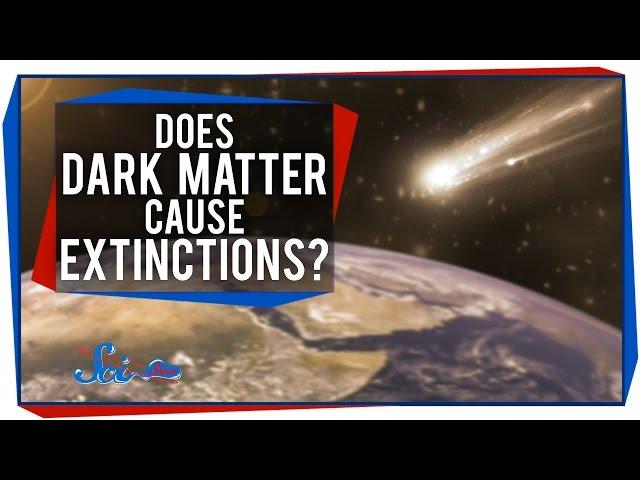
Does Dark Matter Cause Extinctions?
Added 802 Views / 0 LikesDoes Dark Matter Cause Extinctions?
-
02:12
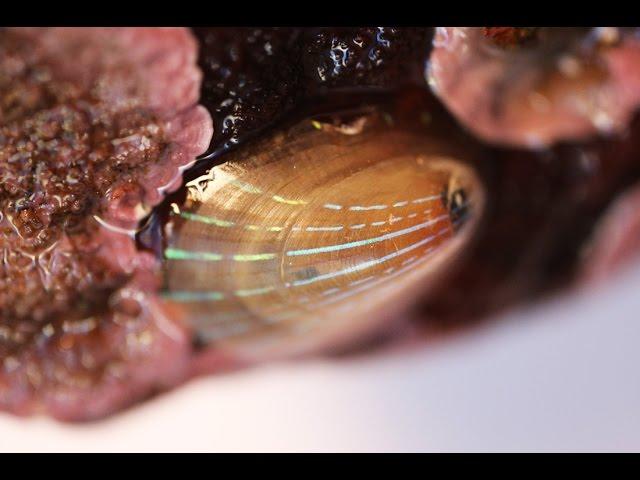
Marine shells may help develop responsive, transparent displays
Added 666 Views / 0 LikesMarine shells may help develop responsive, transparent displays
-
12:23
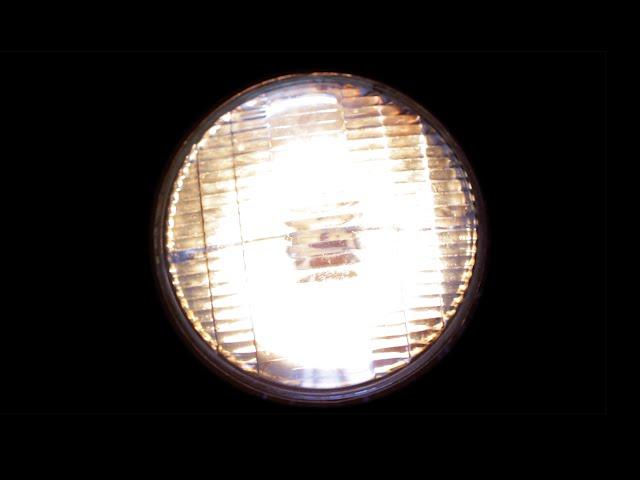
Would Headlights Work at Light Speed?
Added 725 Views / 0 LikesWould Headlights Work at Light Speed?
-
03:36

A simple way to make and reconfigure complex emulsions
Added 638 Views / 0 LikesA simple way to make and reconfigure complex emulsions
-
03:43
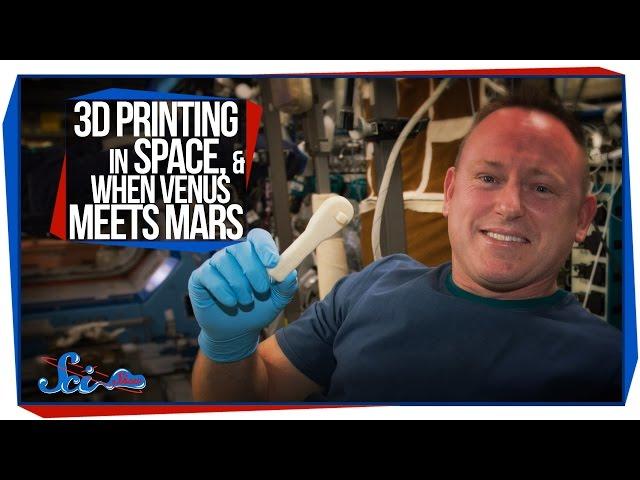
3D Printing in Space, and When Venus Meets Mars
Added 776 Views / 0 Likes3D Printing in Space, and When Venus Meets Mars
-
03:42
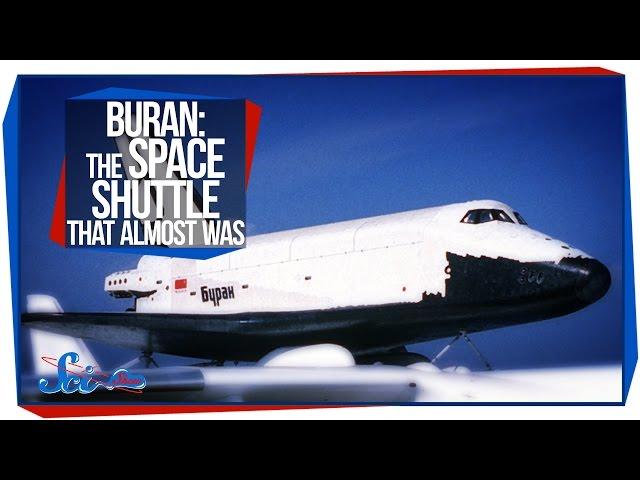
Buran: The Space Shuttle That Almost Was
Added 675 Views / 0 LikesBuran: The Space Shuttle That Almost Was
-
04:31
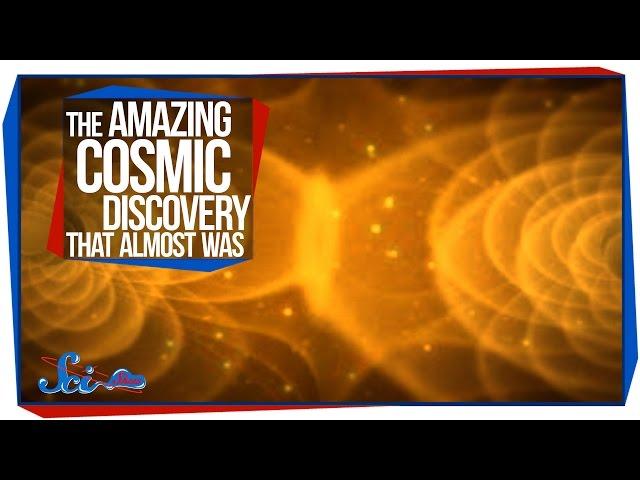
The Amazing Cosmic Discovery That Almost Was
Added 803 Views / 0 LikesThe Amazing Cosmic Discovery That Almost Was
-
04:30
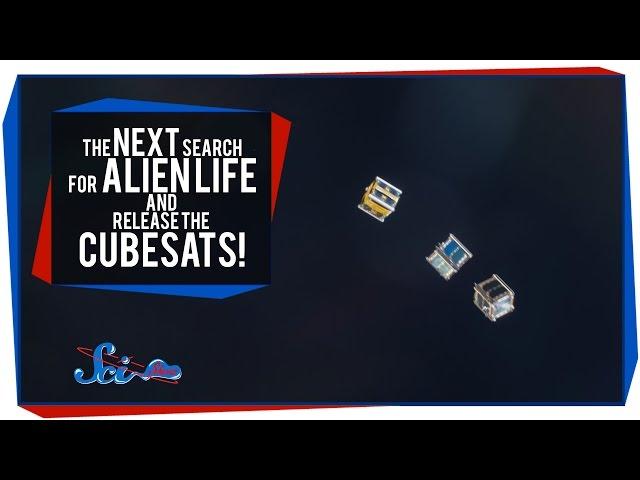
The Next Search for Alien Life, and Release the Cubesats!
Added 833 Views / 0 LikesThe Next Search for Alien Life, and Release the Cubesats!
-
03:47

Raindrops splash down on leaves, spread pathogens among plants
Added 707 Views / 0 LikesRaindrops splash down on leaves, spread pathogens among plants
-
04:04
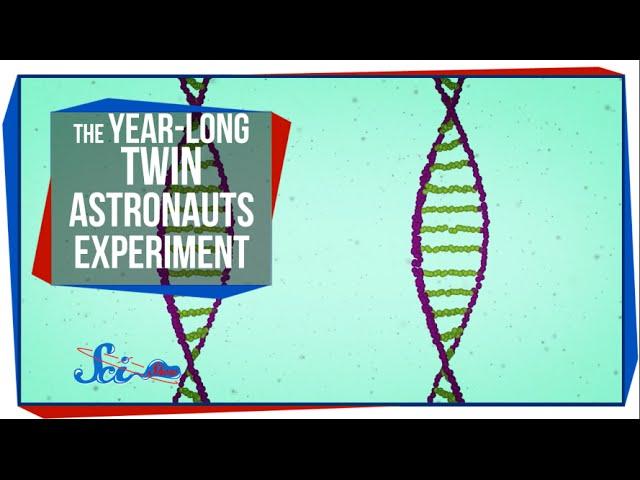
The Year-Long Twin Astronauts Experiment
Added 642 Views / 0 LikesThe Year-Long Twin Astronauts Experiment

